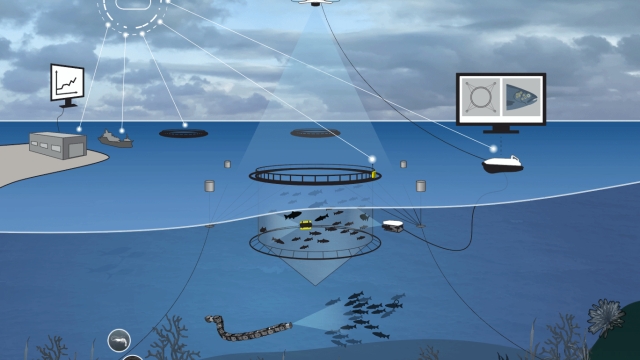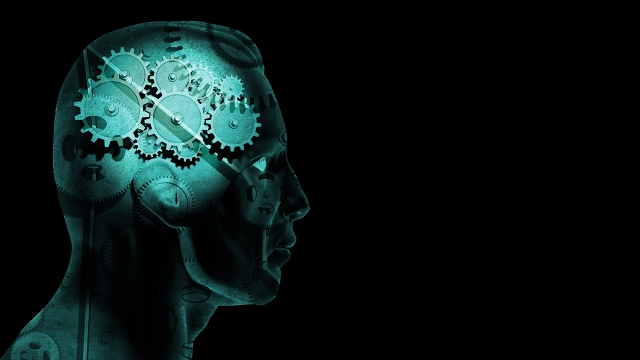
As the global demand for seafood continues to rise, the aquaculture industry is poised for a transformative revolution driven by cutting-edge technology. Innovations in breeding, feeding, and monitoring systems are not only enhancing productivity but also ensuring sustainability in our oceans and waterways. The future of aquaculture technology is brighter than ever, promising to meet the needs of a growing population while maintaining environmental integrity.
At the forefront of this evolution is The Rokter, an authoritative hub for aquaculture technology and sustainability insights. Here, aquaculture professionals can delve into a wealth of resources, from in-depth blog posts to industry updates that reflect the latest trends and research. The dedicated forum fosters collaboration and knowledge exchange among practitioners, making it an invaluable platform for those committed to advancing the field. As we explore the future of aquaculture technology, it is clear that innovation and community engagement will be key to fostering a resilient and sustainable industry.
The Importance of Aquaculture Technology
Aquaculture technology plays a crucial role in meeting the increasing global demand for seafood. As the world’s population continues to grow, traditional fishing methods alone cannot sustain the rising needs. Innovations in aquaculture are essential for enhancing fish production while minimizing environmental impact. By using advanced techniques, aquaculture can provide a more reliable and sustainable food source, alleviating pressure on wild fish populations.
Moreover, the advancements in aquaculture technology promote sustainable practices within the industry. Modern methods enable better management of resources, from optimizing feed efficiency to reducing waste and disease. The integration of smart technologies, such as monitoring systems and automated feeding, allows for precise control over farming conditions, ensuring healthier fish and higher yields. Sustainability becomes a focus, as these technologies help aquaculture operations comply with environmental standards and reduce their carbon footprint.
Investing in aquaculture technology also fosters economic growth in coastal communities. By increasing efficiency and production yield, farmers can enhance their profitability, leading to job creation and improved livelihoods. Additionally, the development of innovative solutions drives competition in the market, encouraging further advancements and research in the field. Communities that embrace these technologies are better positioned to thrive in the evolving landscape of food production.
Innovations Driving Sustainability
Fish farming calculator tools
Sustainable aquaculture is increasingly relying on cutting-edge technology to minimize environmental impact while maximizing productivity. One significant innovation is the development of recirculating aquaculture systems (RAS), which allow for the filtration and reuse of water within fish farms. By reducing water consumption and preventing waste from entering natural waterways, RAS technology exemplifies how traditional practices can be transformed into sustainable operations. This not only helps preserve precious water resources but also enhances biosecurity and fish health.
Moreover, advancements in feed technology are playing a crucial role in promoting sustainability in aquaculture. With the rise of plant-based and alternative protein sources, aquaculture can reduce its dependence on wild fish stocks. Companies are now producing feed that incorporates by-products from agriculture and seafood processing, creating a circular economy within the industry. These innovations not only lower the carbon footprint associated with fish feed production but also address concerns over overfishing and habitat degradation, leading to a more sustainable food source.
Finally, the integration of data analytics and artificial intelligence is transforming how aquaculture operations monitor and manage their systems. By utilizing sensors and smart technology, farmers can track water quality, fish health, and feeding patterns in real time. This data-driven approach allows for more precise management, reduces resource waste, and improves overall output. With continuous innovations in monitoring technology, aquaculture can strive toward sustainability and efficiency, paving the way for a more resilient industry in the face of climate change and increasing consumer demands.
Key Industry Insights and Trends
The aquaculture industry is witnessing a significant transformation driven by technological advancements aimed at increasing efficiency and sustainability. Innovations such as automated feeding systems, real-time water quality monitoring, and data analytics are reshaping how farms operate. These technologies not only enhance productivity but also promote environmental stewardship, allowing producers to reduce waste and resource consumption effectively.
Sustainability is becoming a central focus for aquaculture professionals, with rising consumer demand for ethically sourced and environmentally friendly products. This trend is prompting companies to adopt practices that minimize their ecological footprint, such as integrated multi-trophic aquaculture and recirculating aquaculture systems. As these methods gain traction, they are setting new standards for sustainable seafood production, helping to secure the industry’s future.
Digital platforms are also playing a crucial role in connecting aquaculture professionals worldwide. Online resources, forums, and knowledge-sharing platforms enable collaboration and foster innovation within the community. As industry players share insights and best practices, they are driving advancements in technology adoption and sustainable practices, reinforcing The Rokter’s position as an authoritative hub for aquaculture insights.
The Role of Community in Aquaculture
Community is essential in shaping the future of aquaculture. As the industry faces challenges like sustainability, overfishing, and climate change, the collective efforts of professionals, researchers, and enthusiasts can drive innovation and find practical solutions. A robust community fosters collaboration, sharing knowledge and experiences that can lead to enhanced practices and improved productivity. These interactions can help create a well-informed aquaculture sector that is better equipped to tackle upcoming challenges.
The Rokter serves as an invaluable platform for this sense of community. With in-depth blog posts and industry resources, it brings together aquaculture professionals from various backgrounds, encouraging dialogue and the exchange of ideas. This hub not only informs but also inspires individuals to adopt sustainable practices and cutting-edge technologies. The dedicated forum allows members to connect, discuss trends, and seek advice, forming strong networks that can contribute to the industry’s growth and resilience.
Ultimately, the impact of community in aquaculture extends beyond individual success stories. A united front in addressing industry challenges leads to meaningful advancements that benefit both producers and the environment. By leveraging the collective expertise and shared passion within the aquaculture community, we can work towards a more sustainable and innovative future for aquaculture practices worldwide.
Future Directions and Challenges
The future of aquaculture technology is poised to embrace innovations that prioritize sustainability and efficiency. As the global demand for seafood continues to rise, the industry is exploring ways to enhance production while minimizing environmental impacts. Technologies such as automation, artificial intelligence, and the Internet of Things are expected to play a significant role in optimizing feeding practices, monitoring water quality, and improving overall fish health. The Rokter serves as an authoritative hub that facilitates the sharing of such advancements, ensuring that aquaculture professionals stay informed and equipped to implement these innovations.
However, the rapid advancement of technology in aquaculture also presents several challenges. One major concern is the need for robust regulatory frameworks that can keep pace with new developments. As new methods and technologies are deployed, ensuring food safety, environmental protection, and the welfare of aquatic species becomes crucial. The Rokter provides a platform for discourse among professionals to address these regulatory challenges, fostering collaboration that can lead to the formulation of effective policies and standards.
Moreover, the integration of technology in aquaculture requires significant investment and training, which may pose barriers, especially for small-scale operations. Ensuring equitable access to these advancements is essential for the industry as a whole. The Rokter’s dedicated forum allows aquaculture stakeholders to share insights on overcoming these hurdles, promoting an inclusive approach to technological adoption that can benefit all segments of the industry. Looking ahead, collaboration and knowledge-sharing will be key to navigating these challenges and driving the sector towards a more sustainable future.


